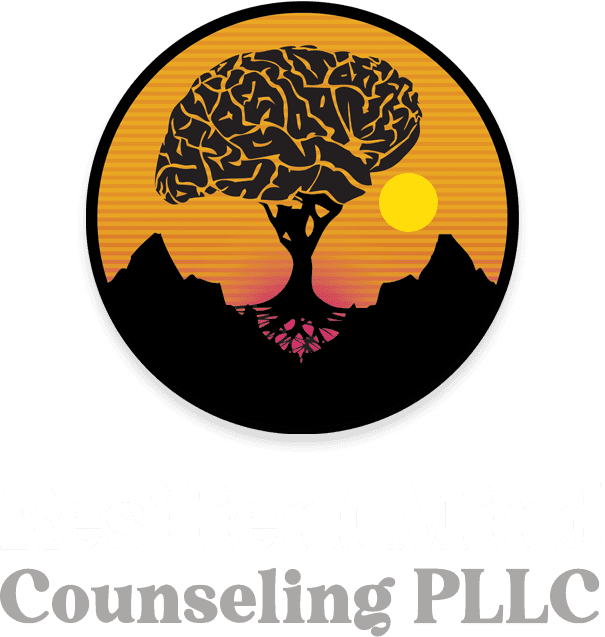Navigating the landscape of care programs for a loved one can be overwhelming. Whether you’re seeking assistance for an aging parent, a family member with a disability, or someone recovering from an illness or injury, finding the right care program is crucial. With an array of options available, from in-home care to assisted living facilities and nursing homes, making the best choice requires careful consideration of various factors. Factors such as the level of assistance needed, the individual’s preferences and comfort, financial considerations, and the quality of care provided are all essential aspects to evaluate. In this guide, we’ll explore the key considerations to keep in mind when selecting a care program for your loved one. By understanding your options and knowing what questions to ask, you can make an informed decision that ensures your loved one receives the support and assistance they need while maintaining their quality of life.
Understanding Your Options: A Guide to Care Programs for Your Loved One

As our loved ones age or face health challenges, ensuring they receive the best possible care becomes a top priority. However, navigating the myriad of care programs available can be overwhelming. From in-home care to assisted living and specialized memory care, the options seem endless. In this comprehensive guide, we’ll explore the various care programs available for your loved one, providing insights into their features, benefits, and considerations. By understanding your options, you can make informed decisions that best meet your loved one’s needs and preferences.
In-Home Care
In-home care allows your loved one to receive assistance with daily activities while remaining in the comfort of their own home. Caregivers provide personalized support tailored to your family member’s needs, whether it’s help with bathing, meal preparation, medication reminders, or companionship.
Assisted Living Communities
Assisted living communities offer a supportive environment for seniors who need some assistance with daily tasks but wish to maintain their independence. These communities provide a range of services and amenities, including meals, housekeeping, transportation, and social activities, fostering a sense of community and belonging.
Memory Care Programs
Memory care programs cater to individuals with Alzheimer’s disease, dementia, or other memory-related conditions. These specialized programs provide a safe and structured environment, along with specialized care, activities, and therapies designed to support cognitive function and enhance quality of life.
Skilled Nursing Facilities
Skilled nursing facilities provide round-the-clock medical care for individuals with complex medical needs or those recovering from illness or surgery. These facilities offer a range of services, including rehabilitation therapy, medication management, wound care, and specialized nursing care.
Independent Living Communities
Independent living communities are designed for active seniors who are able to live independently but desire a maintenance-free lifestyle with access to amenities and social activities. These communities offer freedom, privacy, and the opportunity to form new friendships while enjoying a variety of recreational and cultural opportunities.
Financial Planning: Understanding Care Program Costs

Navigating the costs of care programs can be daunting for families seeking the best support for their loved ones. It’s crucial to comprehend the financial aspects involved to make informed decisions. In this guide, we’ll highlight key points to help you understand and plan for the expenses associated with different care options.
- Initial Costs: Care programs often entail upfront expenses, including admission fees, deposits, and assessments. Understanding these initial costs is essential for budgeting purposes.
- Ongoing Fees: Beyond initial payments, ongoing fees vary depending on the type of care program. These may include monthly rent, service fees, and additional charges for amenities or specialized care.
- Insurance Coverage: Explore your loved one’s insurance coverage, including Medicare, Medicaid, and private insurance policies. Understanding what services are covered can significantly impact your financial planning.
- Financial Assistance: Investigate potential financial assistance options, such as government programs, veteran benefits, and non-profit organizations. These resources can help alleviate the financial burden of care expenses.
Personalized Care: Tailoring Programs to Meet Your Loved One’s Needs

When it comes to caring for our loved ones, one size does not fit all. Each individual has unique needs, preferences, and circumstances that deserve personalized attention and care. In this article, we’ll explore the concept of personalized care programs and how they can make a world of difference in enhancing the quality of life for your loved one. From customized medical assistance to tailored activities and amenities, discover how personalized care can provide the individualized support and attention your family member deserves.
Assessment and Evaluation
The first step in creating a personalized care program is to conduct a thorough assessment of your loved one’s needs. This may involve consulting with healthcare professionals, conducting interviews, and observing daily routines to identify areas where support is required.
Tailoring Medical Assistance
Personalized care programs often include customized medical assistance tailored to your loved one’s specific health conditions and requirements. This could involve medication management, specialized therapies, and coordination with healthcare providers to ensure comprehensive and effective treatment.
Customized Activities and Engagement
Keeping your loved one engaged and stimulated is essential for their overall well-being. Personalized care programs incorporate activities and hobbies that align with your family member’s interests, abilities, and cognitive level. Whether it’s arts and crafts, music therapy, or outdoor excursions, these activities are designed to promote enjoyment and fulfillment.
Nutritional Support
Diet plays a crucial role in maintaining health and vitality, especially for seniors. Personalized care programs include personalized meal plans that take into account dietary restrictions, preferences, and nutritional needs. This ensures that your loved one receives balanced and nourishing meals that support their overall health and well-being.
Emotional and Social Support
Loneliness and isolation can have a significant impact on seniors’ mental and emotional health. Personalized care programs prioritize socialization and companionship, providing opportunities for interaction with peers, family members, and caregivers. Whether it’s through group activities, outings, or one-on-one conversations, these connections foster a sense of belonging and emotional support.
Conclusion
The Care Program stands as a beacon of support and compassion, offering invaluable assistance to those in need. Through its multifaceted approach, it has demonstrated a profound impact on the lives of individuals and communities alike. As we move forward, let us continue to uphold the principles of care and empathy, ensuring a brighter future for all.
If you’re seeking guidance on choosing the right care program for your loved one, we invite you to contact us at Resilient Mind Counseling PLLC. Our team of experienced professionals is dedicated to providing compassionate and expert care. Please visit our office at 41 Clayton St. #300, Asheville, NC 28801 . Together, we can help you find the best possible care for your loved one.




